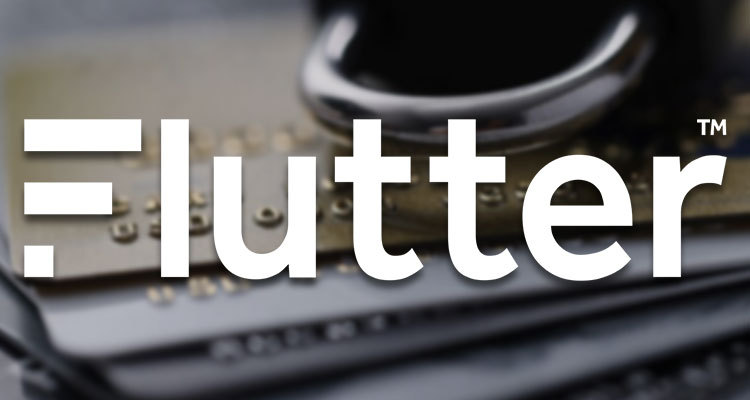Flutter Entertainment has decided to make a few changes to enhance it operations in Ireland. This week, the company announced it has introduced several measures to promote safer gambling in the country. As the operator of Paddy Power, the company has updated its policies related to safer gambling to ensure that the potential for harm is reduced.
Flutter has plans to commit 1% of net gaming revenues towards problem gambling research, education, and treatment. The amount expected to be contributed is around $1.5 million this year.
Credit Card and Advertising Ban
As part of the changes, Flutter will be banning credit cards for depositing via retail and online accounts. The goal of this deposit change is to stop problem gambling via harmful behaviors. If players are unable to use credit cards to deposit, they cannot run up charges on their cards that will be hard to pay off.

The operator will also be implementing an advertising ban that will restrict advertising during live sporting events, as a whistle-t0-whistle approach. The advertising restrictions will begin on May 1 and will be connected to live events taking place before 9 pm.
Conor Grant, the CEO of Flutter UK & Ireland, commented that the company recognizes that gambling has seen a transformation technologically over the past 20 years that is influenced by smartphones, on-demand streaming services, and social media.
Grant pointed out that the industry has not always gotten everything right, but they must ensure that together, everything is being done to prevent problem gambling.
“The reality is that protection and promotion measures will continue to evolve over time and new measures will need to be considered to promote moderation, safety, and enjoyment in this era of digital gambling.”
Updating the Gambling Market
The changes by Flutter come at a time when Ireland is working to update its gambling landscape. Back in December, it was announced that officials had begun to implement the new Gaming and Lotteries (Amendment) Act 2019. The legislation was passed a year prior and updated the Gaming and Lotteries Acts 1956 and 2013.
It also comes at a time when the Labour Party of Ireland drafted legislation to ban all types of gambling advertising in the country except for sponsorships.



